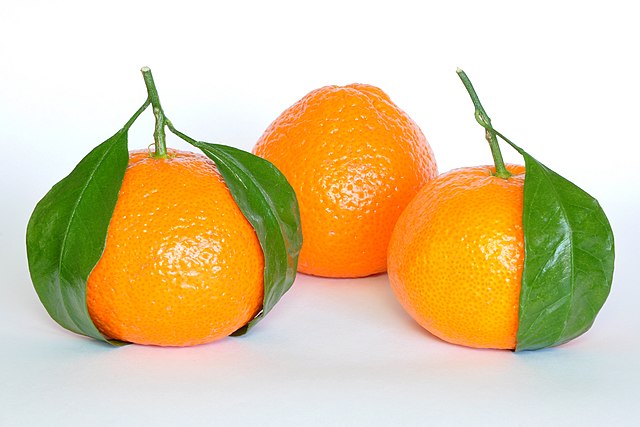The citrus fruit industry is a multi-million dollar earner for South Africa. In 2022, the country shipped 1.73 million metric metric tonnes of oranges, mandarins, lemons and tangerines to the world market. Half of this went to Europe. Current projections put the production of oranges (45% of all citrus produce in the country) to be lower by 1% in 2023 than in 2022. Is this because of the leading agricultural story the past week on the phytosanitary regulations on citrus exports to Europe due to citrus black spot (CBS) disease?
Our team talks to the Special Envoy: Market Access & EU Matters of South Africa’s Citrus Growers’ Association (CGA), Deon Joubert, to expand on the South Africa vs. EU/CBS matter.
The EU imposed phytosanitary regulations in June, 2022. Have costs of exporting citrus risen since that time?
“Taken together,” Joubert takes on the matter, “the unnecessary protocols required by the EU for Citrus Black Spot and False Coddling Moth are costing the local citrus industry R3.7 billion annually, placing further cost pressures on growers who are already coping with continued loadshedding, a dysfunctional rail network, decaying roads, and congested ports.
“South Africa has been exporting to the EU for more than a 100 years. CBS has never established in the EU which underscores the worldwide scientific position that the citrus fruit is not a pathway for transmitting the disease. Additionally, the EU with its Mediterranean climate, like the Western Cape, does not have a climate to support CBS establishing. And EU consumers have increased their consumption of SA citrus fruit in excess of 60% over the past 8 years due to the attractive, nutritious and delicious fruit SA exports, despite the EU’s punitive regulations.”
In light of these statistics, it comes as no surprise that the biggest story this week is the need for the World Trade Organization (WTO) to intervene. Will this resolve the issue?
According to Joubert, “we are confident that the WTO will see the merit in our arguments. The Government has supported citrus in the past and we hope to build on our good relationship with the state so that we can fight together for South African jobs at the WTO.”
Regarding a possible context where WTO fails to nip the matter in the bud and whether there is an alternative way to appease the EU to avoid losses for South Africa farmers, the special envoy has this to say:
“A dispute at the WTO is our best option currently. Not only are the EU rules costly and unfair, they are just too expensive to adhere to.”
In the past, African governments have run to the African Growth and Opportunity Act (AGOA) to solve trade disputes. South Africa’s President Cyril Ramaphosa was in the US in April, 2023, to negotiate continued trade benefits. Is the US an alternative market for South Africa’s citrus?
“The US has immense growth potential, yes,” opines Joubert, “but only if AGOA remains in place for SA, and only if there is political goodwill from the US side. But Europe accounts for almost half of our citrus exports. It is a truly massive market, so losses in the European market cannot just be absorbed by other markets.
What does South Africa need to do to settle the CBS issue once and for all?
“The minister of Trade, Industry and Competition, Ebrahim Patel, must declare a dispute on CBS at the WTO immediately. Simply put, the WTO has the power to stop these destructive and discriminatory EU trade rules that will soon start to cause job losses in South Africa,” ends Joubert.
